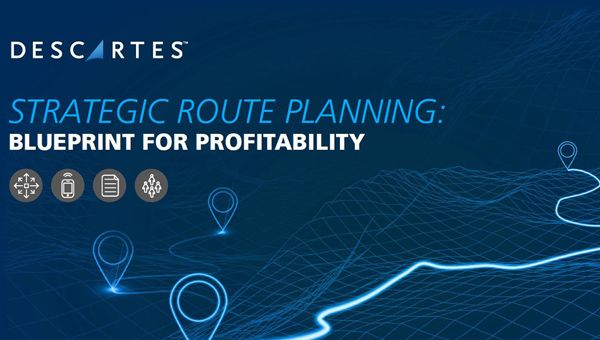2023 UK Budget Takeaways for Logistics

We examine the budgetary changes announced in the UK Government’s recent March budget that affect the logistics industry.
Fuel Costs
For the next year, the 5p cut in Fuel Duty will stay in place, making it the 13th year in a row that the rate has remained unchanged at 52.95p, from its original level in 2011.
This is welcomed by all commercial fleet operators and consumers, especially since some retailers have been accused of overcharging for diesel recently. The RAC reports that despite a recent 10p/l decline in wholesale costs, consumers have only seen a 3p/l reduction at the pumps.
Road Repairs
The Chancellor has provided an additional £200m to English councils for road repairs, giving between £500k and £3.6m to each local authority area. However, this will be a drop in the ocean against the £14bn that is estimated to fix the current backlog of road repairs. A total of 1.4 million potholes were filled in the last year, that’s a pothole filled every 22 seconds, but is still down on the previous year’s total by 17%.
Electric Chargers
The Local Electric Vehicle Infrastructure (LEVI) Scheme funding has been increased by £56 million. £17m of which is from the private sector and £2m from local authorities. There were reportedly 32,055 public EV charge outlets as of the beginning of 2023, but there is a long way to go to reach the target of 300,000 by 2030.
However, no further incentives were proposed to promote the use of alternative fuelled vehicles.
HGV Road Users Levy
No mention was made in the chancellor’s budget of the proposed new HGV Road Users Levy.
Business Tax: Fuel Expenditure
Businesses who had anticipated the super-deduction capital allowances regime to terminate on March 31, 2023, will now be able to claim a new 100% first-year allowance for qualifying expenditure on new equipment and machinery, to be known as "full expensing," according to the chancellor.
For expenditures incurred between 1 April 2023 and 31 March 2026 “Full Expensing” will apply, and the chancellor indicated a desire to make the new allowances permanent. Meaning that van and HGV operators buying new vehicles should be able to benefit from this new policy of “full expensing”.
Summarising the UK Government's 23 Budget
Fuel costs are expected to stay high for the foreseeable future, with little if any new incentives for electric or alternatively fuelled vehicles. Meanwhile, although more money is being allocated to improving the roads, it seems to be nowhere near enough to address the full scope of the damage that exists. This is happening against a backdrop of pay deals for many sectors, which may imply future increases in remuneration for drivers will be necessary. Commercial road transport operators need to continue to do all in their power to keep rising costs to a minimum while also avoiding roadworks that slow down deliveries and poor roads that might cause damage to vehicles.
Get in touch with Descartes now to find out how you can accomplish more deliveries with your current fleet and drivers, at a lower cost per delivery.


